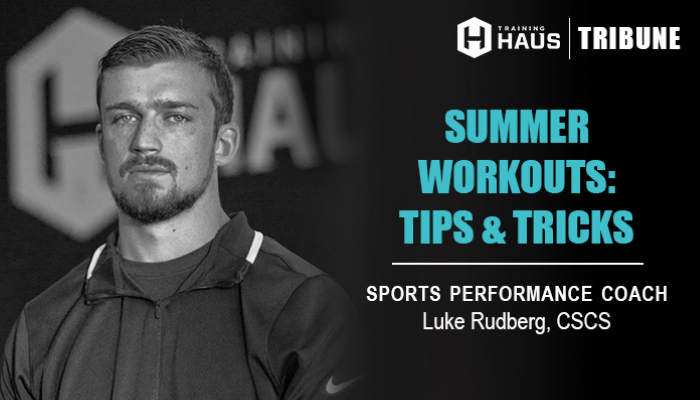
Summer Workouts: Tips & Tricks
School is out, and summer training is in. The snow is gone, and now open fields, parks, and beaches are prime real estate for a great summer workout.
At Training HAUS, we love training outside, and with decades of experience, we want to share with you a few considerations that could help optimize your outdoor training:
Have a Plan
Always train like an athlete! Just because you’re at the beach does not mean you should settle for a beach-body workout. Training like an athlete means you show up to the workout having a wholesome plan that incorporates a dynamic warm up, plyometrics, acceleration, change of direction, strength training, and conditioning.
That may seem like a lot to keep track of, but filling your “buckets” of performance attributes can be as easy as having a list of qualities to train and picking your favorite drills.
Here is that same structure and a few of my favorite drills:
Dynamic Warm Up
- Greatest Ever Stretch – https://www.youtube.com/watch?v=7dduBKJ5JyI
Plyometrics
- 1-Leg Lateral Line Hops – https://www.youtube.com/watch?v=LucaZkMRQrI
Acceleration
- High Knees to 10yd Sprint – https://www.youtube.com/watch?v=9f524hEq9ik
Change of direction
- Angled Shuffle – https://www.youtube.com/watch?v=DmnnsfiDLts
Strength Training
- Dumbbell Goblet Lateral Lunge – https://www.youtube.com/watch?v=Hu00jfDX4ro
Conditioning
- 80yd Shuttle Run 12 Minutes https://www.youtube.com/watch?v=2H-bEw51s4k
Be Intentional With Your Surfaces
What could be wrong with training at the beach on a nice sunny day? How could the sidewalk put you out of commission for a few weeks?
Being intentional with your training includes considering the effects of the surface you choose to train on. For example, if I am in a receiver in football, which is a position that requires bursts of acceleration with quick changes of direction requiring you to train your body to be elastic and explosive, doing sprints focusing on acceleration in the sand is counterproductive. Each step you take in sand sinks into the ground, there is no solid surface to be reactive against. However, the beach with its non-elastic surface may be perfect for the off season hockey athlete looking for more conditioning for the legs.
Where the beach is soft and non-elastic, the sidewalk is just the opposite. The warning with training on the sidewalk is that it can be very unforgiving. I highly recommend you ease your way onto running, sprinting, or jumping on the sidewalk. It is best to supplement with training on turf in the beginning. That 2-3 mile run on the first nice day of summer can easily spark up shin splits that last for a month. However, the stiffness of concreate can be a great tool for acceleration and training your muscles to be elastic (think springy!).
You should always consider your sports and your positions unique demands when choosing what surface to train on.
In Conclusion
This summer is a great time to get outside and train hard! We all have good intentions so use what we have discussed to elevate your game. You should always sweat the details! Be very conscious of what you plan to do, how and where you plan to execute it.
– Luke Rudberg, CSCS | Sports Performance Coach

